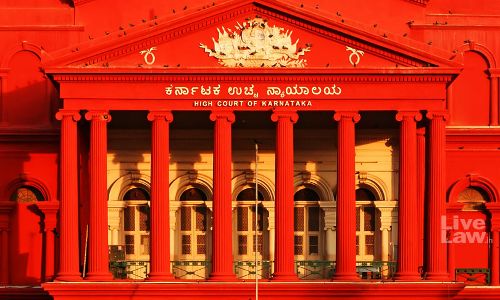'Can Kannada Be Made Compulsory Subject In Degree Courses As Per NEP?': Karnataka High Court Asks Centre
Mustafa Plumber
15 Nov 2021 7:30 PM IST

Next Story
15 Nov 2021 7:30 PM IST
The Karnataka High Court on Monday asked the Central Government if States can, under the National Education Policy (NEP), make study of regional language compulsory for students enrolling in degree courses.While hearing a plea challenging the Karnataka Government's decision making Kannada language a compulsory subject in degree courses in the State, a division bench of Chief Justice Ritu...
